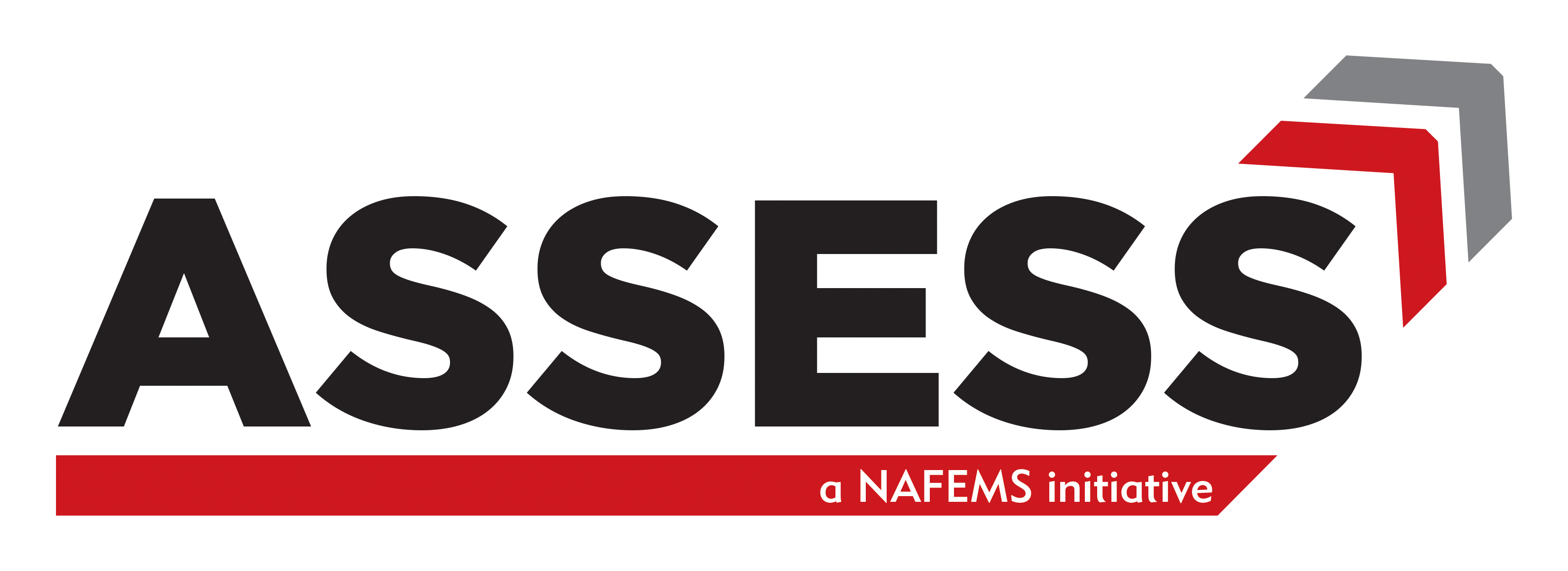ASSESS Insight Webinar
Integration and Democratization of Digital Tools to enable Multifunctionality
Thursday, 19 December 2024 | Online
Access the Recording
The design, manufacture, testing and validation of high performance, engineered structures and materials are painstaking, resource-hungry, time-consuming processes requiring many skills involved to realise a multifunctional structure. What used to be an asynchronous, disconnected journey, passing information from lab-to-lab, presents an opportunity for integration and acceleration of the innovation cycle if digital tools are adopted. However, it has not been immediately clear to us, in our lab, which of those tools we should embrace to make this step change happen. Furthermore, we are not computer scientists, and off-the-shelf numerical modelling and simulation packages, while tremendously powerful and comprehensive, do have a high entry level (both technical and financial) for ‘simple’ engineers like us.
Two of the pillars where ASSESS resides, Integration and Democratization, are core to our mission. Data-driven and Physics-based models are needed for us to marry up the multi-functions that we want to bring together in our model to represent, predict and interact with the digital instantiation of the model and its properties. Lowering the barrier to entry to this space is a must in my lab. The UK is facing a pinch point at this moment in time with regards to skillsets availability and recruitment of engineers and scientists because the talent pipeline is lacking promotion of STEM subjects amongst youngsters. University-based research is also suffering from this situation and we are struggling to attract talent capable to address more than one subject matter concurrently. Therefore, technologies that are more user-friendly and require less expertise to ‘hit the ground’ running, and allow sub-system integration, is one of our driving aims.
This webinar will be an opportunity to share with you our experiences in the integration of different technologies and techniques to digitalise the design, manufacture, testing and validation of products and systems to speed up their development process from initial idea to knowledge transfer toward impact to industry and society. Cross-cutting with that, we had to navigate issues encountered with the lack of specialist skills, and how we created techniques and methods that allowed us to employ sophisticated tools without being experts, realising high value representations that informed our decision making.




